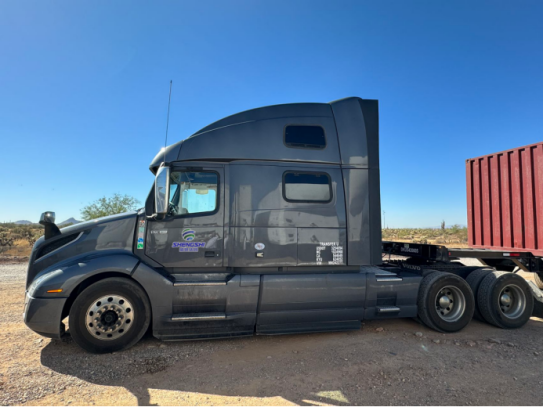
![[sort:pic]](/template/default/images/banner/3-3.jpg)

Lean management provides customers with high-quality services and a visible panoramic view of the prosperous era.
Share
U.S.-China Shipping Rivalry Intensifies: Federal Hearing Spotlights Dispute Over Chinese Vessel Port Fees;
North American Steel Industry Shakeup: Tariffs Trigger Layoffs of Over 1,000 Workers in U.S. and Canada;
Trump Threatens EU and Canada with "Higher" Tariffs if They Ally
Introduction
U.S. President Donald Trump announced on March 26 the imposition of a 25% tariff on all non-U.S.-manufactured automobiles, sparking criticism and retaliatory threats from allies. Trump warned that if the EU and Canada retaliate in ways that harm the U.S. economy, the U.S. would impose even larger-scale tariffs. Following these remarks, the euro temporarily pared gains, while the Canadian dollar also weakened.

U.S.-China Shipping Rivalry Escalates: Federal Hearing Sparks Global Shipping Industry Turmoil
From March 24-25, 2024, a federal hearing held by the U.S. International Trade Commission (USITC) sent shockwaves through the global shipping industry. Over 30 maritime stakeholders clashed over a proposal by the U.S. Trade Representative (USTR) in February to impose special port fees of up to $1.5 million per call on Chinese-built vessels, including container ships and oil tankers, regardless of their flag state.
Domestic Divisions
• Industry Data: Chinese shipyards account for 37.8% of the global container fleet, with over 70% of the 9 million TEU capacity under construction handled by Chinese firms.
• Proponents: The International Longshore and Warehouse Union (ILWU) argued the fees would counter China’s "systemic unfair trade practices," proposing revenue be funneled into a U.S. shipbuilding revitalization fund. Manufacturers like Cleveland-Cliffs and Nucor Steel urged "Buy American" clauses.
• Opponents: The World Shipping Council warned U.S. carriers operating short-sea routes (e.g., Puerto Rico-mainland) could face annual cost hikes of $18 million per vessel. Regional operators like Seaboard Marine predicted 20% of feeder lines might exit the market. The Ontario Maritime Commission warned of a 12% logistics cost spike in the Great Lakes region due to "Mexican transshipment loopholes."
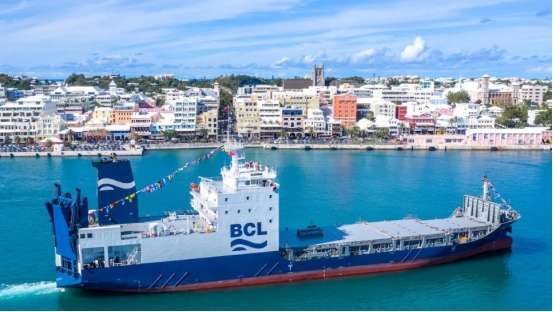
China’s Strong Rebuttal
• The China Shipbuilding Association condemned unilateral sanctions as destabilizing global shipping. Freight forwarder Unitcargo highlighted that 30% of automation equipment at U.S. West Coast ports relies on Chinese suppliers.
Policy Game
• Key Conflict: The U.S. lacks the capacity to build ultra-large container vessels (ULCVs), with China holding 86% of global orders for ships exceeding 15,000 TEU (Alphaliner data).
• Potential Impact: The Northwest Seaport Alliance warned of an 18% drop in Seattle’s 2025 container throughput and a 9-15% rise in cross-border e-commerce logistics costs.
The USTR will finalize revisions by late April, testing policymakers’ ability to balance industry protection and market dynamics. Cross-border sellers and logistics firms are advised to monitor updates and adjust 2024-2025 shipping plans.
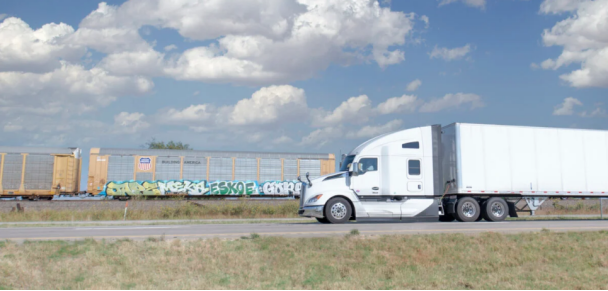
Structural Shifts in Transport Demand: Cross-Border Supply Chains Face Dual Pressure Tests
Since mid-February 2024, U.S. freight markets have shown significant divergence:
• Trucking demand (OTVI) fell 9% YoY, while intermodal volumes (ORAIL) rose 5%.
• Tariff Uncertainty: 78% of supply chain managers paused long-term investments. Importers are stockpiling, with U.S. inbound TEU up 2% YoY (IOTI data), pushing warehouse occupancy to 78% (up 4.3% YoY).
• Inventory Cycle: Durable goods inventories remain elevated (LMI index: 64.8), driven by policy fears rather than demand.
• Critical Risks:
▫ U.S. average warehouse turnover extended to 43 days (+5 days YoY).
▫ Ocean-to-land efficiency dropped 12%, risking Q2 cost spikes.
Recommendations: Adjust safety stock thresholds, optimize transport modes, and create tariff contingency funds. Logistics providers should monitor Chicago, LA, and Savannah for 10-15% rate volatility.
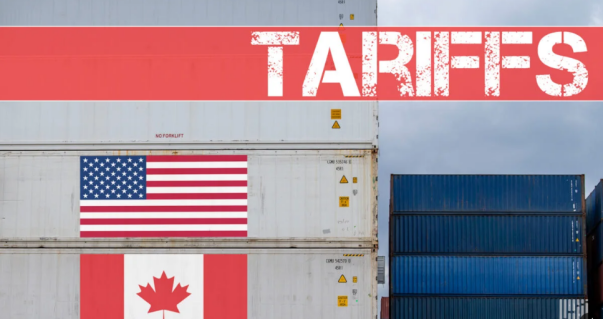
Tariff Uncertainty Sparks Mass Layoffs in U.S.-Canada Steel Industry
• U.S. Cuts: Cleveland-Cliffs will lay off 600 workers in Michigan and Minnesota by July 15, citing automakers’ cautious 2025 demand forecasts. Cox Automotive predicts U.S. auto sales could drop 4.3% under tariff pressure.
• Canadian Impact: Metalworking Group (MPG) will restructure 1,600 jobs in Ontario and Quebec. Algoma Steel has already cut 20 positions. The United Steelworkers (USW) warns 100,000 members could face fallout if reciprocal tariffs proceed.
Logistics Alert: Steel-dependent industries must reassess inventory strategies, while cross-border firms track customs policy shifts.
Trump Threatens EU and Canada: "Higher" Tariffs if They Ally
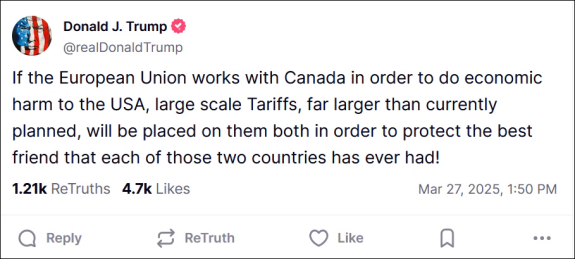
President Trump declared on social media: "If the EU and Canada collude to harm U.S. interests, we will impose tariffs far exceeding current plans." The 25% auto tariffs, effective April 2 for vehicles and May 3 for parts, target Mexico, Canada, China, South Korea, Japan, and Germany.
• Retaliation Risks: Canada and EU previously imposed $49 billion in counter-tariffs on U.S. steel/aluminum. EU Commission President Ursula von der Leyen warned of "disrupted global supply chains and market instability."
Shengshi Group Global Logistics: Your Strategic Partner
Navigate customs chaos and policy shifts with Shengshi Group’s 50+ years of expertise:
⒈Port Congestion Solutions: Guaranteed cargo delivery via our U.S. port network (LA, NYC, Houston, Savannah, etc.) and 400,000 sq ft of overseas warehouses.
⒉Customs Compliance: Proactive monitoring of policy changes and optimized declarations.
⒊Cost Control: Real-time port analytics (congestion, vessel wait times) to enhance efficiency.
Let’s conquer cross-border challenges together. Contact Shengshi Group to future-proof your supply chain.
